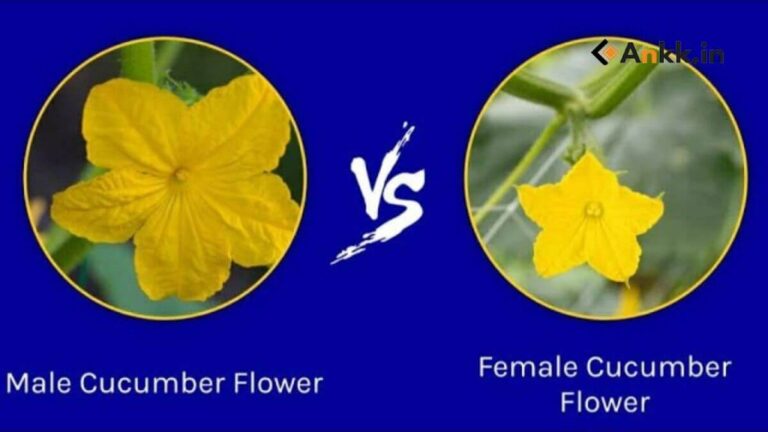
Cucumber (Cucumis sativus L.), a member of the Cucurbitaceae family, is an annual herbaceous vegetable crop grown worldwide. The sexual expression of cucumber plants is a fascinating aspect of their biology and has been the subject of extensive research.
Unisexual Characteristics
Cucumber plants typically produce unisexual flowers. This means that at their developmental stage, they either possess stamens (male reproductive organs) or carpels (female reproductive organs)2. In most cucumber varieties studied, female and bisexual flowers are exclusive in the same plant.
At the early stage of cucumber flower development, the flower primordium is bisexual, including the initial form of the anther and pistil. However, in cucumber development, sex determination requires selective cessation of male or female progenitors. This results in the formation of unisexual flowers, which typically result from the selective suppression of one of the two genders at a certain developmental stage.
Bisexual Characteristics
While unisexual flowers are the norm in cucumber plants, some reported mutant varieties can produce female, bisexual, and/or male flowers in the same plant. This sex type of the plant is named trimonoecy (or gynomonoecy).
What Are Some Other Plants That Have Unisexual Flowers?
Sure, here are some examples of plants that have unisexual flowers:
- Bitter Gourd
- Papaya
- Pumpkin
- Watermelon
- Coconut
- White Mulberry
- Maize (Corn)
- Castor Bean
- Musk Melon
- Snake Gourd
- Tapioca
These plants produce flowers that have either male or female reproductive parts, but not both. This is a fascinating aspect of plant biology and has implications for how these plants reproduce and are pollinated. Please note that this is not an exhaustive list and there are many other plants with unisexual flowers as well.
How Do Unisexual Flowers Affect Pollination?
Unisexual flowers significantly influence the process of pollination. Here’s how:
- Cross-Pollination: Unisexual flowers rely on cross-pollination, which requires separate male and female flowers to produce fruits. This means that the pollen (male gametes) from one flower must be transferred to the stigma (part of the female reproductive organ) of another flower. This process increases genetic diversity, which can lead to more robust and resilient plant populations.
- Pollinator Attraction: Unisexual flowers often exhibit certain characteristics to attract pollinators. For example, male flowers might produce more pollen (which can be a food source for some pollinators), while female flowers might produce attractive scents or nectar.
- Dependence on External Agents: Since unisexual flowers cannot self-pollinate, they are dependent on external agents for pollination. These agents can be abiotic (like wind or water) or biotic (like insects, birds, or other animals).
- Spatial Arrangement: In some plants with unisexual flowers (known as monoecious plants), male and female flowers are present on the same plant, which can facilitate pollination. In other plants (known as dioecious plants), male and female flowers are present on separate plants, which necessitates cross-pollination.
Bisexual flowers, which contain both male and female reproductive organs, can self-pollinate, although they can also cross-pollinate. This flexibility can be an advantage in environments where pollinators are scarce, but it does not promote genetic diversity to the same extent as cross-pollination.
Also Read: Best Mudra For Digestion | Hand Mudra | Apana Mudra
Conclusion
In conclusion, while cucumber plants typically produce unisexual flowers, there are exceptions where some varieties can produce bisexual flowers. The study of sex differentiation in cucumber plants provides valuable insights into plant biology and can help improve the yield of cucumber crops.